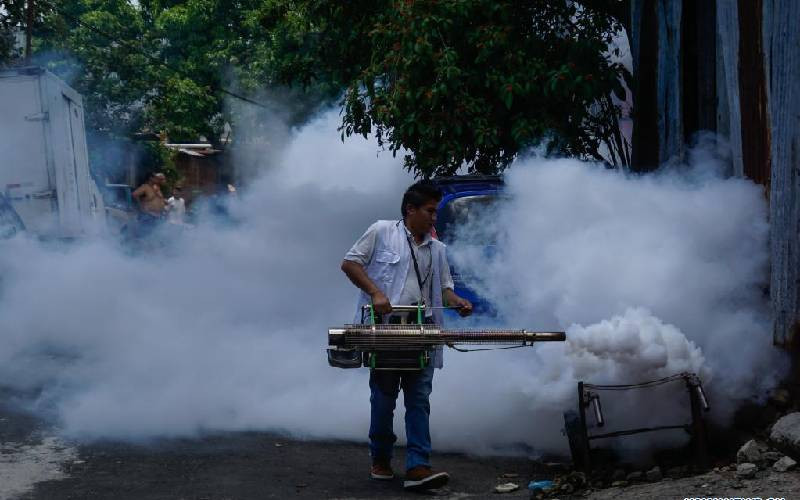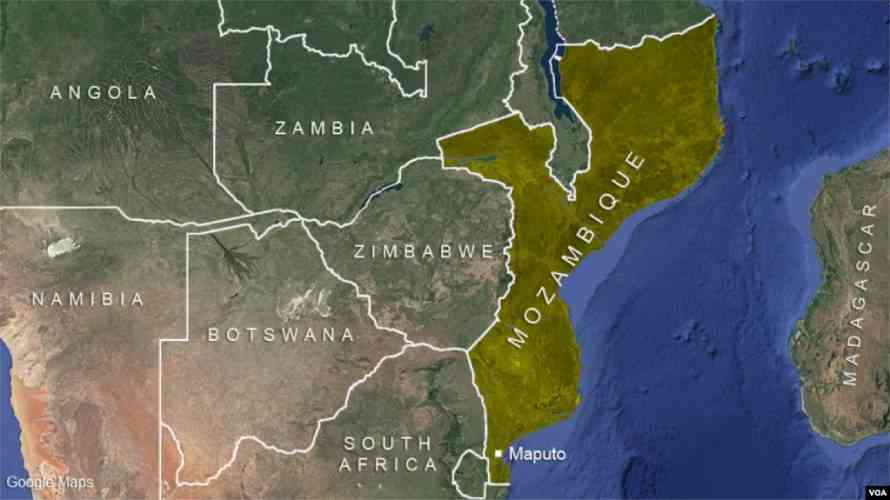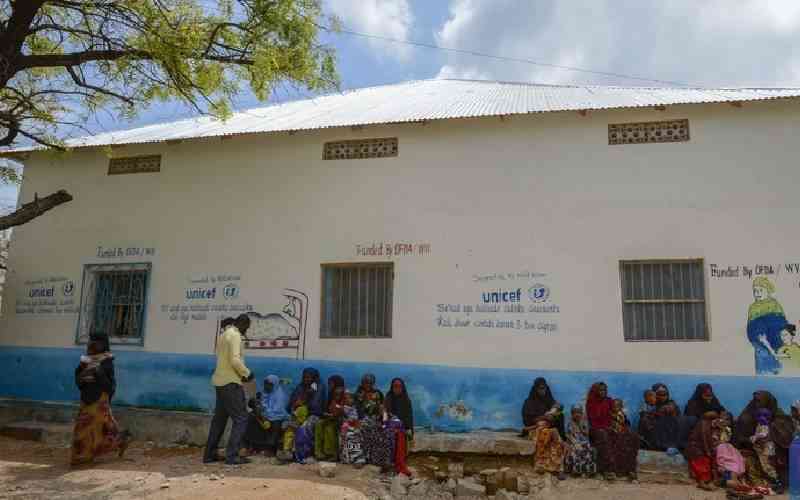Our healthcare system is undergoing reverse progression. Decades back, polio, measles, cholera, malaria, elephantiasis and leprosy ravaged large populations. Over the years, advances in medical science gradually took care of many of the diseases which, at some point, were decreed to have been eradicated. One such disease is polio, which, unfortunately, has made a comeback in Kenya and Nigeria; two of Africa’s biggest economies. At the Coast, elephantiasis and leprosy are making their re-emergence felt. It does not help that children born in the past five months have not had mandatory vaccinations to keep some of these diseases at bay.
After the cholera outbreak in parts of the country, malaria, a treatable disease, has made its presence strongly felt by claiming tens of lives in Baringo, Lamu, Turkana, Marsabit and West Pokot, and it is getting worse. This cannot be blamed on the nurses’ strike, rather, on paralysis in the national government. In the first place, there are no hospitals in hard-hit areas where the lucky to be attended to patients lie on the dusty, rocky ground with drips suspended on tree branches. Notably, the caretakers are Red Cross personnel. To the residents of these areas, the Government might as well reside on Mars. Insecurity, hunger, illiteracy, marginalisation, diseases; you name it, they’ve stoically endured it all.
Failed pledges
Better healthcare was one of the pledges the Government made in 2013, yet all indicators point to a spectacular failure in delivery. Our healthcare system ranks among the most dismal on the continent. It’s amazing that Government functionaries can still muster the audacity to trumpet medical gains amid the longest medical workers strikes in history, deaths from malaria, unsafe deliveries and cholera in this age. The question then arises; was the struggle for self-determination worth it?
James Madison opined that ‘a people who mean to be their own governors must arm themselves with the power that knowledge gives. A popular government without popular information or the means of acquiring it is but a prologue to a farce or tragedy, or perhaps both’. Everything around us seems to vindicate this view. The tragedy is compounded by the illiterate voter who votes for a face, tribe or misplaced notion of some lofty idea; never for ideology.
We are in the midst of political grandstanding that, irrespective of which side of the political divide one supports, is inexorably taking us closer to the edge. NASA is adamant its irreducible minimum demands must be acceded to. Jubilee believes tweaking the law to suit the needs of an individual in the short term puts it in good stead. President Kenyatta has failed to show leadership. He has allowed himself to be swept along by the steamy declarations by his henchmen to the effect he will still be Kenya’s top honcho even after Raila withdrew from the repeat elections Tuesday this week. A skewed interpretation of the Constitution accords Jubilee mandarins false confidence, oblivious of the fact that at the end of the day, the interpretation of the law lies in the province of the Supreme Court.
Advantage
With its total control over the instruments of violence, Jubilee can indulge its foibles. It should not, however, forget that without nearly half of the Kenyan people’s support, it would have no legitimacy. Without that support, the Jubilee government can neither claim to be for, of or by the people of Kenya. At best it can be a government of two thirds whose wealth, privileges or tribal hegemony allows it to profit.
The electoral laws that Jubilee so badly wants changed did not come into existence last week. It is the impotence to which such laws confine the incumbent government, making it so helpless that grate on it. That Jubilee wants changes in place and operable by October 26 betrays its sinister motives. The rug was pulled from under Jubilee while its leadership was feeling conceited. This has made the establishment wary and reckless in seeking insurance. Unfortunately, it is the near useless Third Party Insurance.
Hemmed in from both sides, the Government is hitting out blindly. What is hard to understand is why it wants to legitimise its wars on NGOs by coaxing other African countries to adopt its position. After Africog and KHRC, the intimidation is now directed towards IDLO, alleged to be funding illegal activities and criminals in Kenya. Hasn’t Jubilee learnt from its futile push to have Africa pull out of ICC en masse? How far has it gone with its ill-conceived idea of an African Court of Justice on a continent where tin pot dictators ride roughshod over everyone? The NGO board has outlived its usefulness. It is so incompetent it is only now discovering NGOs that have operated in this country for years are not registered, yet is hard pressed to prove any charges. Jubilee’s assault on institutions that put it on the straight and narrow must be rebuffed.
Mr Chagema is a correspondent at The [email protected]
 The Standard Group Plc is a
multi-media organization with investments in media platforms spanning newspaper
print operations, television, radio broadcasting, digital and online services. The
Standard Group is recognized as a leading multi-media house in Kenya with a key
influence in matters of national and international interest.
The Standard Group Plc is a
multi-media organization with investments in media platforms spanning newspaper
print operations, television, radio broadcasting, digital and online services. The
Standard Group is recognized as a leading multi-media house in Kenya with a key
influence in matters of national and international interest.
 The Standard Group Plc is a
multi-media organization with investments in media platforms spanning newspaper
print operations, television, radio broadcasting, digital and online services. The
Standard Group is recognized as a leading multi-media house in Kenya with a key
influence in matters of national and international interest.
The Standard Group Plc is a
multi-media organization with investments in media platforms spanning newspaper
print operations, television, radio broadcasting, digital and online services. The
Standard Group is recognized as a leading multi-media house in Kenya with a key
influence in matters of national and international interest.









